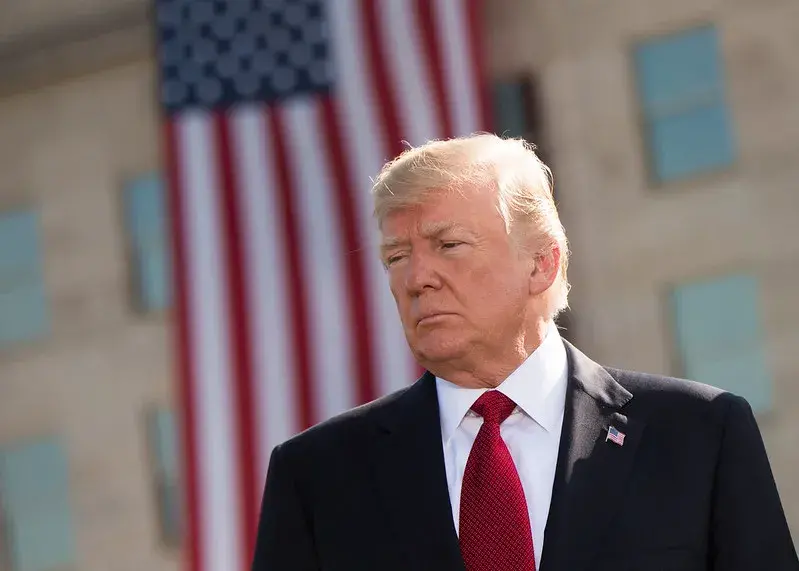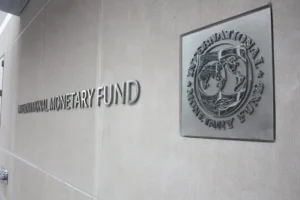In a pivotal legal clash, former President Donald Trump’s quest for immunity from criminal charges confronts intense scrutiny and potential ramifications for the future of presidential accountability.

Former President Donald Trump issued a warning on Tuesday suggesting potential legal action against President Joe Biden if he were to return to the White House, amidst ongoing judicial scrutiny over Trump’s claims of immunity from criminal charges related to his efforts to overturn the 2020 election results.
During a session with Washington appeals court judges, Trump’s legal team encountered skepticism while arguing that former presidents should be shielded from prosecution for actions taken during their tenure. Trump faces an impending federal trial in March on charges of election subversion.
A judge, Florence Pan, posed hypothetical scenarios to Trump’s lawyer, D. John Sauer, questioning whether a president could engage in activities like selling pardons or disclosing classified information without facing consequences. Sauer suggested that prosecution of a former president would only be viable if they were impeached and convicted by Congress beforehand.
Trump, while present at the hearing, did not directly address the court but engaged in discussions with his attorneys intermittently. Leveraging the timing of the Republican state-by-state presidential nominating contest, Trump utilized the hearing to assert that he was a target of political persecution.
Expressing concerns regarding potential repercussions, Trump asserted that if legal proceedings against him were permitted, he would reciprocate by pursuing legal action against President Biden in the event of his re-election.
In a pre-hearing social media video, Trump emphasized his stance, stating, “If I don’t get immunity, then crooked Joe Biden doesn’t get immunity. Joe would be ripe for indictment.”
Despite Trump’s claims, the U.S. Justice Department traditionally upholds the stance that presidents are shielded from prosecution for official duties while in office. Trump stands as the first former U.S. president to face criminal prosecution, confronting 91 criminal charges across four distinct cases.
Sauer argued before a three-judge panel of the U.S. Court of Appeals for the District of Columbia Circuit, warning against the potential fallout of allowing such prosecutions, highlighting the risks of perpetual retribution post-election and invoking a concern of an irreparable impact on the nation’s stability.
Opposing this perspective, Justice Department lawyer James Pearce contended that granting immunity for Trump’s actions to overturn the election would set a precedent where future presidents could commit crimes without consequence, emphasizing that “the president is not above the law.”
The appeals court’s decision and its timing will significantly impact whether Trump will face trial before the November 5, 2024, election, crucially affecting his potential candidacy.
The case revolves around accusations of Trump orchestrating a multifaceted effort to impede the validation of his 2020 election defeat, culminating in the January 6, 2021, Capitol attack. Trump maintains his plea of not guilty, facing charges including defrauding the government and obstructing Congress.
Despite U.S. District Judge Tanya Chutkan’s dismissal of Trump’s immunity claim, resolution on appeal may take several weeks or even months, potentially delaying the scheduled trial commencement on March 4.
Given the significance of this case, any decision by the appeals court is expected to face further appeals, potentially reaching the U.S. Supreme Court, which previously declined an expedited resolution of this issue upon a prior request. Consequently, ongoing developments have stalled proceedings, possibly causing a delay in the trial timeline.







